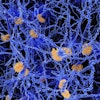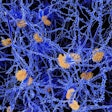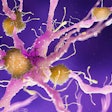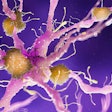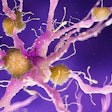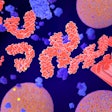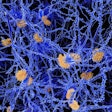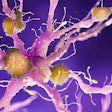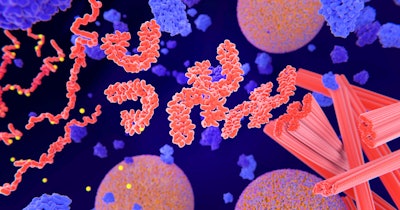
University of Pittsburgh School of Medicine researchers said Monday they may have found the answer to an Alzheimer's disease puzzle: why many whose brains have toxic amyloid aggregates don't develop Alzheimer’s dementia.
Although the presence of the toxic amyloid aggregates are considered a telltale sign of Alzheimer’s brain pathology, astrocytes -- a subtype of glial cells that make up most cells in the human central nervous system -- may be the key driver of disease progression, the researchers said in a study published in Nature Medicine.
By testing the blood of more than 1,000 cognitively unimpaired elderly people with and without amyloid pathology, the research team found that only those who had a combination of amyloid burden and blood markers of abnormal astrocyte activation, or reactivity, would progress to symptomatic Alzheimer’s.
“This puts astrocytes at the center as key regulators of disease progression, challenging the notion that amyloid is enough to trigger Alzheimer’s disease,” Dr. Tharick Pascoal, PhD, the study's senior author, said in a statement.
Pascoal is an associate professor of psychiatry and neurology at the University of Pittsburgh, which led the study.
The group tested blood samples from participants in three independent studies of cognitively unimpaired elderly people for biomarkers of astrocyte reactivity — glial fibrillary acidic protein, or GFAP — along with the presence of pathological tau. The study showed that only those who were positive for both amyloid and astrocyte reactivity showed evidence of progressively developing tau pathology, indicating predisposition to clinical symptoms of Alzheimer’s disease.
The researchers believe their discovery may have implications for the development of drugs aimed at stopping disease progression; the study findings have implications for future clinical trials for Alzheimer’s drug candidates, they said.
Trials are moving to earlier stages of pre-symptomatic disease, making correct early diagnosis of Alzheimer’s risk critical for success. Because a significant percentage of amyloid-positive individuals will not progress to clinical forms of Alzheimer’s, amyloid positivity alone is not enough to determine an individual’s eligibility for a therapy, the researchers said.
Accordingly, including astrocyte reactivity markers, such as GFAP, in the panel of diagnostic tests could allow for improved selection of patients who are likely to progress to later stages of Alzheimer’s. That would help fine-tune the selection of candidates for therapeutic interventions who are more likely to benefit, the researchers noted.

